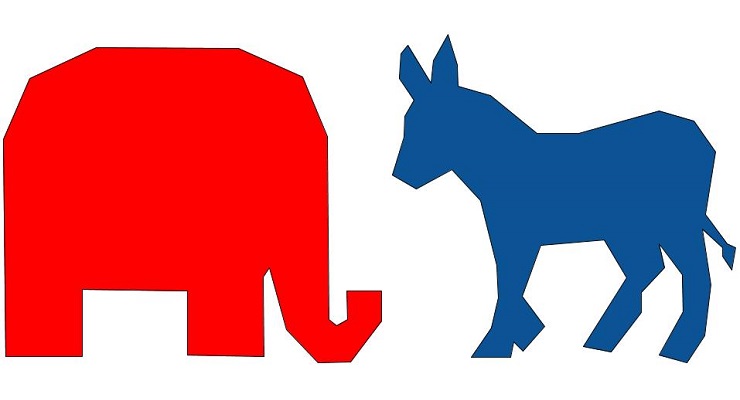
Peter Consagra had this very interesting article in Fairote:
Longtime Ohio U.S. Senator Rob Portman, a respected lawmaker, announced this month that he will not run for reelection in 2022. In his statements, he directly cites the increased polarity within his Republican party and the separation between the parties as a whole, making it too difficult for him to win reelection.
“We live in an increasingly polarized country where members of both parties are being pushed further to the right and further to the left, and that means too few people who are actively looking to find common ground. This is not a new phenomenon, of course, but a problem that has gotten worse over the past few decades,” he said, adding, “This is a tough time to be in public service.”
Portman’s decision not to run in 2022 reflects a larger sentiment inside-the-Beltway. He is not the first person to raise questions about the rising polarity in politics, as many established politicians have questioned their party allegiances in the last few months. Many of those ready to work across the aisle no longer feel at home in their party’s changing molds. Yet, despite these feelings, they often have only two choices: remain in the party, or switch allegiances entirely. And even those who remain face difficulty winning reelection if they do not move their stances further and further from the middle.
Read the full article here.
Steve says
Not *the* fix, but maybe *a* fix. Any decent alternative voting method would elect more centrist winners, but some voting methods prioritize that more than others.
Ngah Gabriel says
This is a very important observation. Thank you Steve. I agree with you entirely.
Tedman Getschman says
From my studies of Maine’s 2020 elections and San Francisco’s RCV elections, RCV appears to maintain the same level of polarization as plurality voting. I think that is due to a voter only being able to impact (vote for) one candidate. The rankings may move a voter’s vote around, but ultimately, it just goes to one candidate.